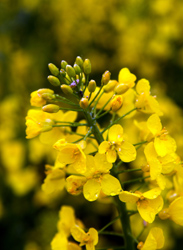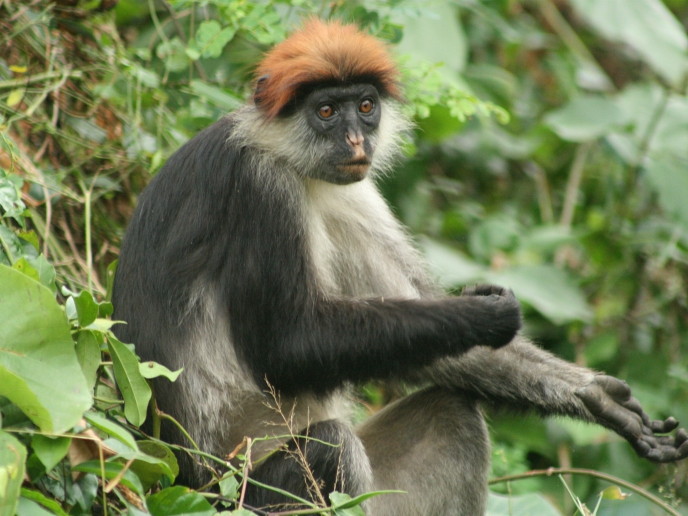Integration of natural predators in crop management
Reducing the use of pesticides is of primary importance in modern agricultural practices and has been the focus of many directives issued by the EC. Research has revealed that a multifaceted, integrated approach can be a more sustainable system. Integrated pest management involves the use of natural enemies, biological approaches enhancing self-defence mechanisms inherent in crop types and mechanical controls like physical weed removal and tillage. To this effect MASTER sought to establish a set of guidelines focusing on a financially viable and more environmentally friendly approach. Since rape seed is an economically important EC product, the project also investigated the financial impact the adaptation of new technology and processes would have on farmers. The technical guidelines therefore needed to consider a whole range of agricultural standards and practices, as well as investigate the economic realities involved in crop management across Europe. Therefore, collaborative field test experiments were performed and replicated in five European countries. One of the primary objectives of the project was to determine the greatest threats to oilseed rape crops and to characterise their ecology. This would include investigating pest behaviour, habitat requirements, phenology and biology. The experiments therefore compared two systems, a standard crop system and the integrated approach. The results of the trials showed that the integrated approach preserving natural predators (therefore using less insecticide) could be put forward to farmers as a viable approach. The technical details in the form of guidelines of this approach have been made available to both the scientific and agricultural communities.







